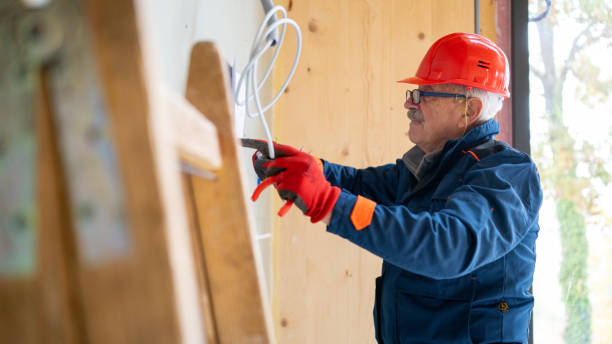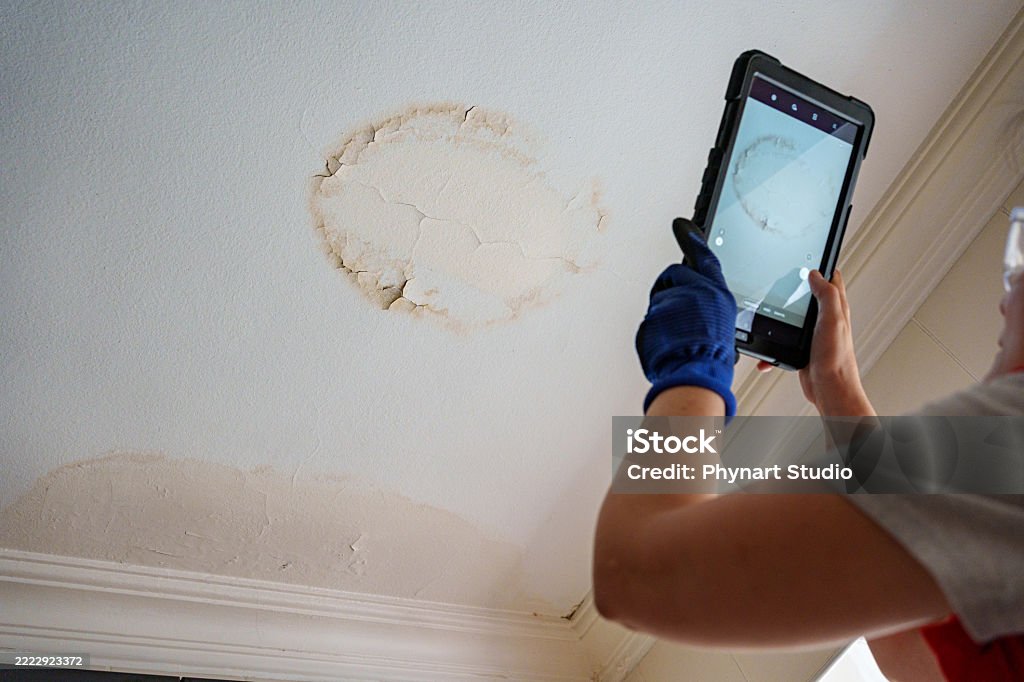Introduction
Cleaning isn’t always about the big moments—like tackling the oven after six months or scheduling a top-to-bottom deep clean. More often, it’s the small, daily decisions that determine how clean your space feels, smells, and functions. These micro-decisions happen when you choose to wipe the sink before bed, toss expired leftovers, or fold laundry right away instead of later.
Over time, these minor actions—or the lack of them—create the overall state of your home. It’s a pattern of cause and effect that’s easy to overlook, especially when life gets busy or overwhelming. But these moments shape whether your space feels calm or chaotic, efficient or cluttered.
TidyUp Cleaning recognizes that effective routines aren’t built through dramatic overhauls. They’re shaped by thoughtful, consistent habits. In this article, we’ll explore how small daily cleaning decisions impact long-term results and how these choices apply across home settings, including vacation rentals and deeper maintenance routines.
The Power of a Cleaning Micro-Decision
What It Means
A cleaning micro-decision is any small action that contributes to the maintenance of a clean environment. Unlike traditional tasks that require time blocks (mopping floors, washing windows), these are brief decisions that take less than five minutes but create ripple effects.
Examples include:
- Picking up socks on the way to the bedroom
- Choosing to clear dishes right after a meal
- Giving the bathroom sink a quick rinse while brushing your teeth
These micro-decisions stack. What feels minor in the moment prevents future overwhelm, lowers the need for emergency deep cleaning, and builds a sense of daily control over your space.
Why It Matters
Most people avoid cleaning not because they dislike the task—but because it feels too big once it’s overdue. Micro-decisions shift this narrative. They prevent buildup, reduce visual clutter, and reduce the emotional weight that comes from prolonged messes.
House Cleaning in Layers, Not Events
Build a Multi-Tiered Routine
Rather than viewing house cleaning as something you do once a week in one long session, break it into layers. This allows small decisions to stay in play while still rotating through key areas over time.
Layer 1: Daily Maintenance
- Make the bed
- Clear countertops
- Put dishes away
- Empty small trash bins
Layer 2: Weekly Priorities
- Wipe bathroom surfaces
- Vacuum floors
- Change linens
- Dust high-traffic areas
Layer 3: Monthly Projects
- Clean behind furniture
- Rotate pantry items
- Sanitize door handles and switches
The daily micro-decisions help maintain surface-level cleanliness, while the deeper layers ensure that hygiene and organization are sustained long-term.
Let Technology Assist
Timers and reminders make habit-forming easier. Set a 10-minute timer once a day for quick pickups. Use recurring calendar alerts to prompt larger monthly tasks. Consistency often comes not from motivation—but from automation.
Airbnb Cleaning Requires Next-Level Precision
The Guest Perspective
In vacation rentals, the difference between a 4-star and 5-star review often lies in the details. Guests remember what they don’t see—hair in the sink, crumbs in drawers, or a strange smell in the fridge. In this context, micro-decisions carry weight beyond comfort—they impact reputation and revenue.
Airbnb Micro-Decisions to Build Into Turnover
- Always open windows briefly for ventilation between guests
- Do a double-check for under-bed items
- Reset light switches and remotes to neutral positions
- Keep a consistent staging pattern for bedding and towels
- Quickly inspect for missed trash in hidden spots like closets or behind doors
These fast, deliberate checks don’t take much time but collectively define the cleanliness standard of the property.
Professional AirBnB cleaning services often use standardized turnover checklists built around these micro-decisions—ensuring speed without sacrificing detail.
When Deep Cleaning Can’t Be Replaced
Micro-Decisions Prevent, But Don’t Replace
Daily maintenance and consistency can keep most messes at bay—but over time, deeper grime builds in hard-to-reach or often-ignored places. That’s where scheduled deep cleaning comes in. It clears out the layers of accumulation that small tasks simply can’t reach.
High-impact areas to deep clean:
- Inside range hoods and exhaust fans
- Behind toilets and along grout lines
- Baseboards and window tracks
- Inside refrigerator and oven cavities
These aren’t things you need to do weekly—but once or twice a year, deep cleaning sets a new “baseline” for cleanliness and makes everyday upkeep much easier moving forward.
Whether handled personally or outsourced, the goal is the same: create a healthy foundation for continued daily success.
Why Clutter and Cleanliness Aren’t the Same
Organizing Doesn’t Always Equal Cleaning
It’s easy to confuse organizing with cleaning. A clutter-free space may look clean, but if surfaces haven’t been disinfected or dusted, hidden issues remain.
Micro-decisions in organizing include:
- Creating a “one in, one out” rule for new items
- Returning objects to their designated place
- Letting go of unused or duplicate items monthly
By combining micro-cleaning with micro-organizing, you create a home that’s not just tidy—but truly clean.
The Psychological Boost of Micro-Wins
Motivation Through Momentum
Each time you make a cleaning micro-decision, your brain gets a small win. It feels like progress—without the dread of a big task looming overhead. These small actions release dopamine, reinforce positive feedback, and make it easier to keep going.
This matters during hectic life seasons, when you don’t have time to scrub baseboards but still want to feel in control of your environment. By building micro-decisions daily, you gain more wins than losses over time—even if deep tasks occasionally slide.
Visual Clarity Equals Mental Clarity
Psychologists link visual order with reduced stress. When small messes are handled quickly, they don’t accumulate into background noise that wears down your focus. This is especially important in high-use areas like home offices, kitchens, or shared living spaces.
Cleaning is not just functional—it’s emotional regulation, especially when done proactively in small doses.
When to Let Someone Else Handle It
There are times when even micro-decisions feel too heavy—after illness, during a major life transition, or amid work overload. That’s when bringing in professional help from house cleaning services in Madison becomes more than convenient—it becomes restorative.
Whether it’s a single deep clean, a consistent house cleaning plan, or recurring AirBnB cleaning support, companies like TidyUp Cleaning offer relief that allows you to reset. These services don’t erase your efforts—they amplify them, letting you step back into your routine without catching up from scratch.
Conclusion
The cleanest homes aren’t always the ones with the most hours behind them—they’re often the ones with the smartest routines. Micro-decisions—small, fast, consistent cleaning choices—create momentum, clarity, and control over your space. They prevent mess from becoming chaos and turn upkeep into a series of manageable actions rather than overwhelming chores.
House cleaning, deep cleaning, and AirBnB cleaning all benefit from this micro-decision mindset. It reduces stress, builds confidence, and leads to sustainable cleanliness—even when life is at its busiest.
Companies like TidyUp Cleaning know that the real secret to a consistently clean space isn’t a magic product or a marathon session—it’s the quiet, daily moments that shape a home from the inside out.



